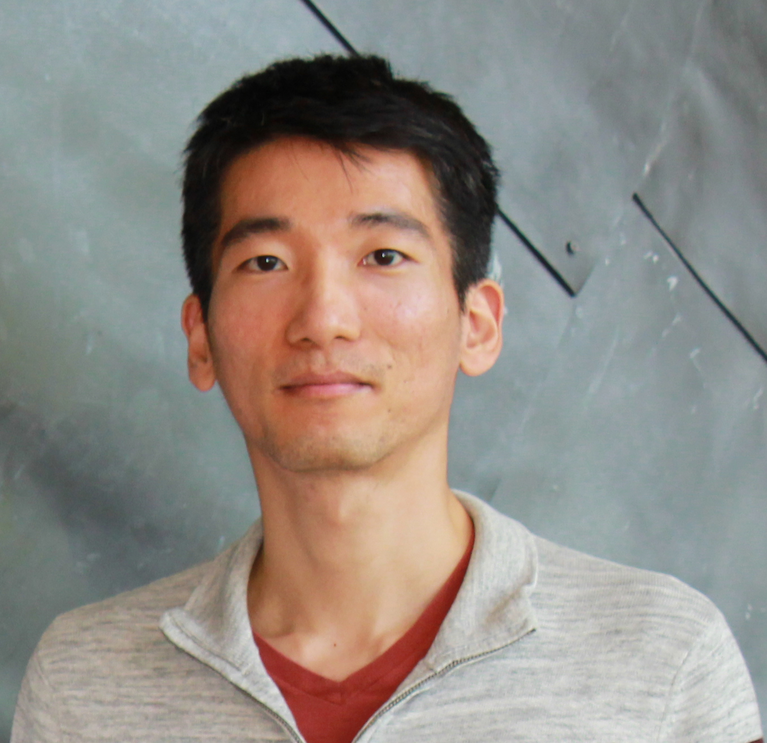‘Science and humanity are one. Science leads humanity to evade superstition, while humanity guides science to escape disaster.’
Biography
Lei Wei received his bachelor’s and master’s degrees at Tsinghua University, China. He obtained his doctoral degree in molecular biology and genetics at Memorial Sloan-Kettering Cancer Center (MSKCC). His doctoral research was focused on the detailed molecular mechanisms of regulation of DNA replication and repair. He then developed an interest in the interface of host and viral pathogen,and investigated the molecular mechanism of hepatitis B virus replication as a postdoctoral associate at Princeton University. Dr. Wei joined Westlake University in 2022 as the Principal Investigator of Viral Pathogen and Host Interaction Laboratory.
Research
Our battle with viruses has never ceased since the moment we walked on the Earth. The fundamental nature of this interminable battle lies in the antagonistic interaction between the viral pathogens and their hosts. A comprehensive understanding of these intricate interactions is key to identification of the Achilles’ heel of the human pathogens, and of the antiviral targets. The Wei lab integrates virology, biochemistry, genetics, imaging, as well as proteomics and genomics to study the interaction between various viral pathogens and host biological processes, to identify novel therapeutic targets, and to design antivirals. Our main research interests are (but not limited to):
1) Combine biochemistry, virology, cell biology and biophysics methodologies to elucidate the molecular mechanisms of Hepatitis B Virus (HBV) replication.
HBV is responsible for at least 257 million chronic infections and 887,000 annual deaths worldwide. Currently there is no cure for chronic HBV infection. A key step to establish HBV infection is the repair of its genome − the lesion-bearing relaxed circular DNA (rcDNA) − by host factors, which results in the formation of the covalently closed circular DNA (cccDNA). How HBV rcDNA is converted to cccDNA is one of the central questions in the field for decades and this knowledge gap has impeded the development of a cure for chronic HBV infection. We have recently established a novel biochemical system that fully reconstituted HBV cccDNA formation, which set the foundation for identification of key host and viral factors involved in this process, elucidation of the molecular mechanisms of cccDNA formation, and design of antivirals for HBV infection.
2) Investigate the interactions between host and other types of viruses (e.g Corona viruses, HIV).
Viruses and their natural hosts antagonize each other and reach equilibrium. However, global climate change and disruption of ecosystems lead to infection of non-natural hosts, acceleration of viral mutation, adaptation and evolution, which results in disastrous pandemics. A fundamental understanding of the effects of factors from natural and non-natural hosts on various viruses will help us grasp viral evolution and adaptation strategies, identify essential factors restricting viral replication, and design effective antiviral therapies. We are currently integrating multidisciplinary approaches to investigate these central questions.
3) Design and discovery antivirals; develop multiple small animal infection models for the study of viral pathogenesis and drug development.
Based on our understanding of the interaction of hosts and viral pathogens, we will screen and design antivirals to battle with current and emerging infectious viral diseases.
Small animal models are key to study disease pathogenesis and to aid drug tests. We are dedicated to identifying restrictions in mouse for HBV infection and generating immune-competent HBV mouse models that are permissive to HBV. We also aim to generate small animal models for other infectious viral diseases to facilitate disease study, drug discovery and vaccine development.
Representative Publications
1 Wei L & Ploss A. Hepatitis B virus cccDNA is formed through distinct repair processes of each strand. Nat Commun. 12 (1), 1591 (2021).
2 Wei L & Ploss A. Core components of DNA lagging strand synthesis machinery are essential for hepatitis B virus cccDNA formation. Nat. Microbiol. 5, 715-726 (2020).
3 Meng XZ, Wei L, Devbhandari S, Zhang T, Xiang J, Remus D, Zhao X. DNA polymerase ε relies on a unique domain for efficient replisome assembly and strand synthesis. Nat. Commun. 11(1): 2437 (2020).
4 Meng XZ*, Wei L*, Zhao X. Sumoylation of the DNA polymerase ε by the Smc5/6 complex contributes to DNA replication. PLOS Genetics, 15(11): e1008426 (2019). [* authors have equal contribution]
5 Dhingra N*, Wei L*, Zhao X. Replication protein A (RPA) SUMOylation positively influences the DNA damage checkpoint response in yeast. J Biol Chem, 294(8): 2690-2699 (2019). [* authors have equal contribution]
6 Wei L & Zhao X. A new MCM modification cycle regulates DNA replication initiation. Nat Struct Mol Biol. 23 (3), 209-216 (2016).
For a complete publication list please visit:
https://scholar.google.com/citations?hl=en&user=f3WTnYUAAAAJ&view_op=list_works&sortby=pubdate
Contact Us
Email: weilei@westlake.edu.cn
The Wei lab are dedicated to creating a multidisciplinary, highly innovative and motivated research environment, to cultivating a team with uttermost scientific rigor and dedication. We welcome applicants with virology, biochemistry, microbiology, genetics, molecular biology, biophysics, cell biology, bioinformatics, proteomics/genomics, chemistry, medicine, and veterinary medicine or related backgrounds to join us. We have openings for postdocs, graduate students, undergraduate students, and research assistants; we are looking forward to having you in our team!
